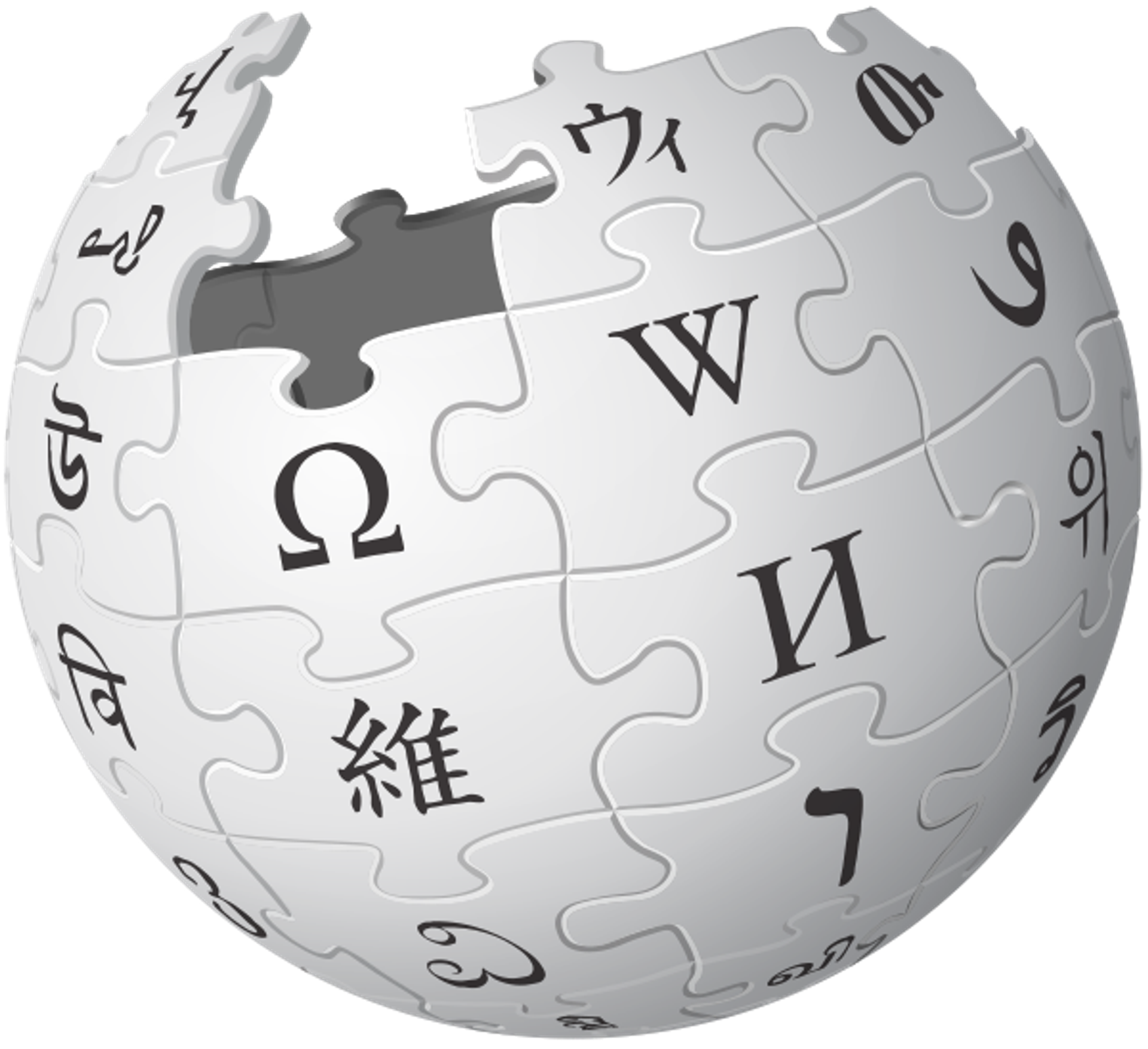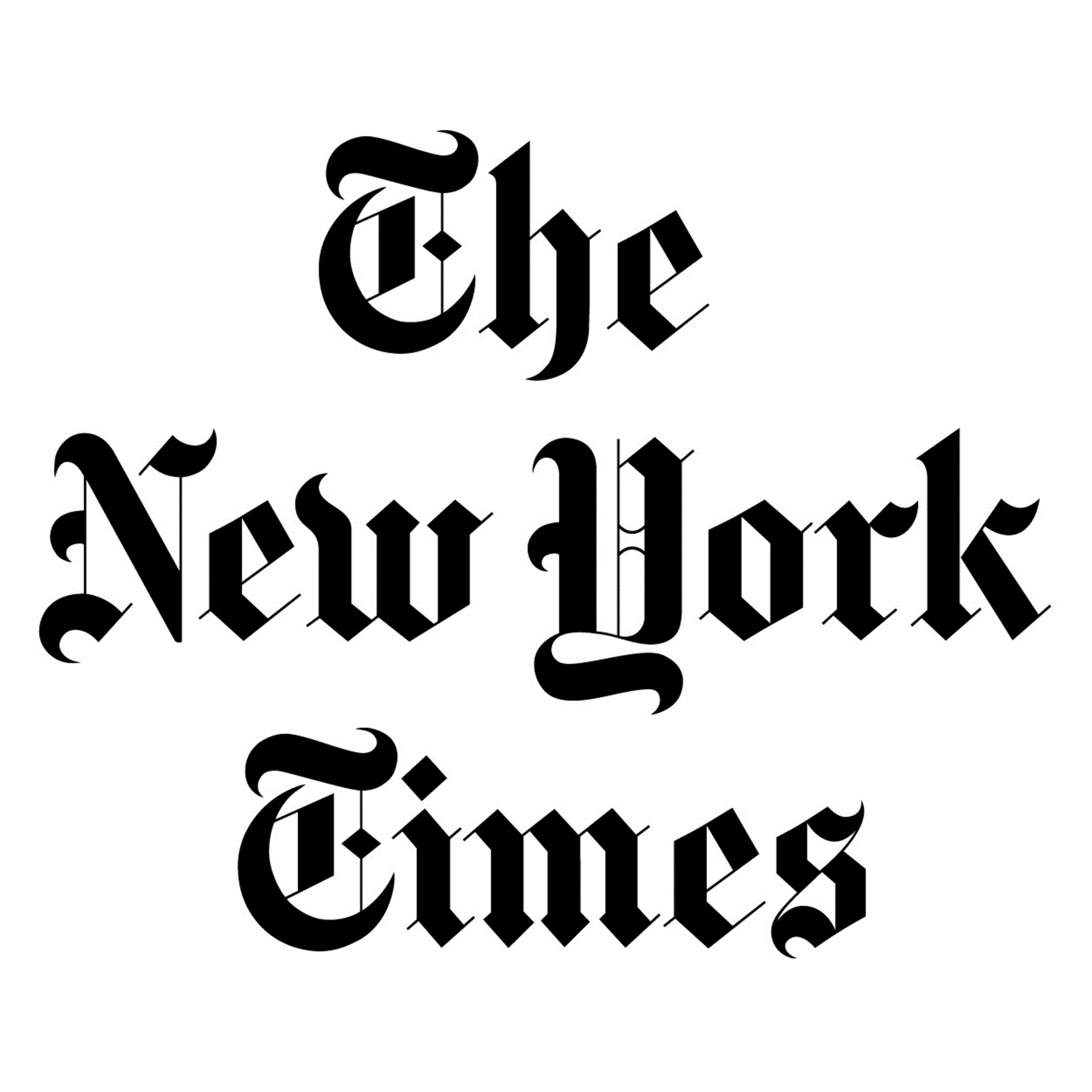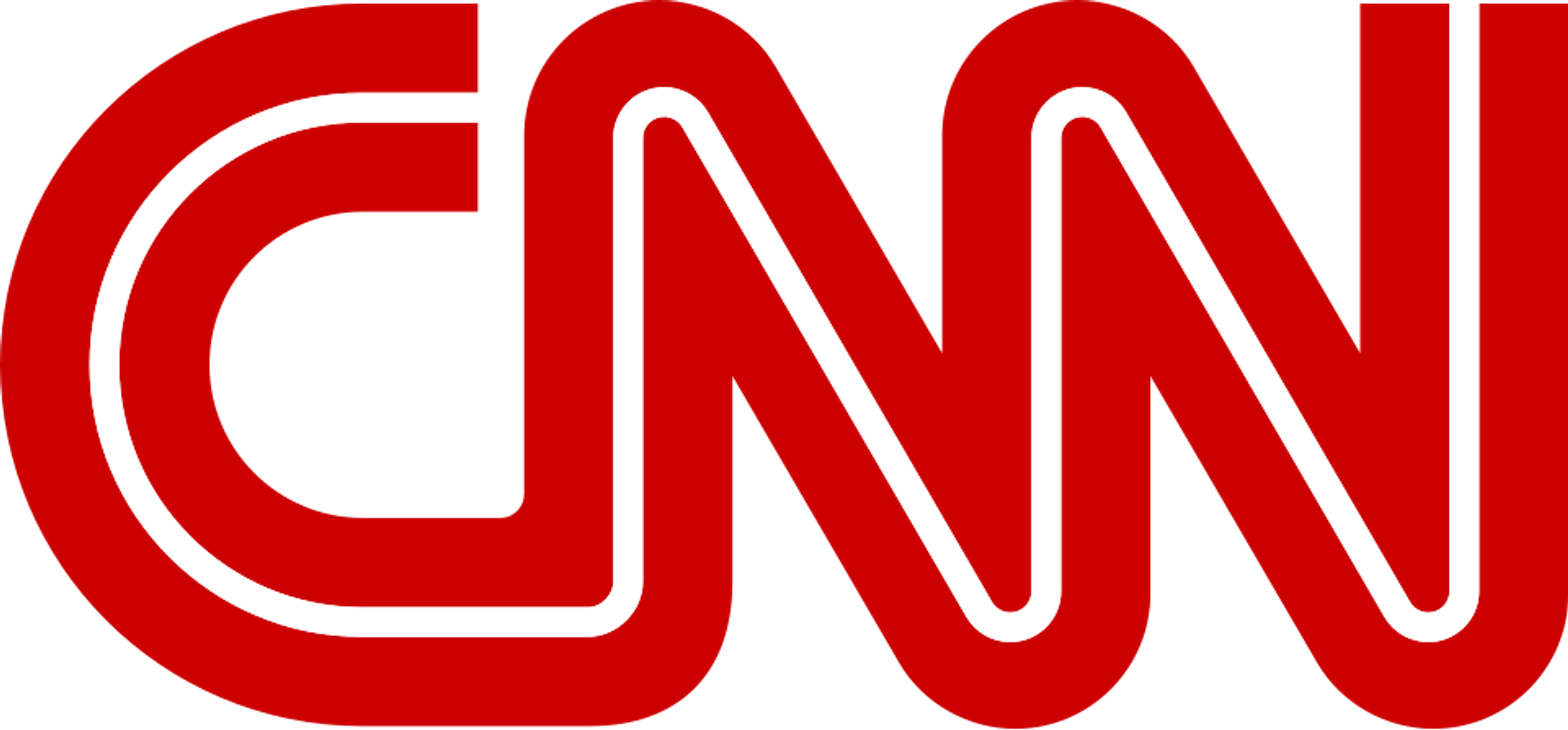
Wikipedia
What do people say about Wikipedia?
In this podcast segment, Wikipedia is mentioned briefly and somewhat flippantly as a resource that Osamu Tezuka, a famous manga artist, would have enjoyed using to deepen his knowledge. The conversation does not engage critically with Wikipedia's reliability or influence but rather treats it as a generic information source akin to falling down a rabbit hole. There is no serious analysis or praise of Wikipedia's collaborative or volunteer-driven nature, nor any mention of its strengths or weaknesses. The perception is neutral to mildly positive, framed as a convenient tool for creative inquiry without acknowledging any of the complexities or controversies surrounding Wikipedia.
Where are the conversations happening?
The sole source is the 'Manga Machinations' podcast, a niche entertainment channel focused on manga and related media. Their discussion is informal and conversational, with no critical or in-depth exploration of Wikipedia. The critical discussions do not occur here; rather, Wikipedia is mentioned in passing as a cultural touchstone or tool. This source reflects a casual, somewhat dismissive perception of Wikipedia, lacking any serious critique or endorsement.
What are the topics trending around Wikipedia?
Discussions about historical accuracy in manga, creative research methods, and the use of online resources for storytelling development.
Why are these topics trending?
The podcast talks about Osamu Tezuka's creative process and how he might have used resources like Wikipedia for research, highlighting emerging trends in how modern creators utilize online platforms to inform their work and address historical or cultural details in their stories.
How is Wikipedia being talked about?
Detailed breakdown of public sentiment and conversations about this entity.
Impact vs Sentiment
See how each entity's high impact percentage relates to their positive sentiment percentage from actual mentions.





